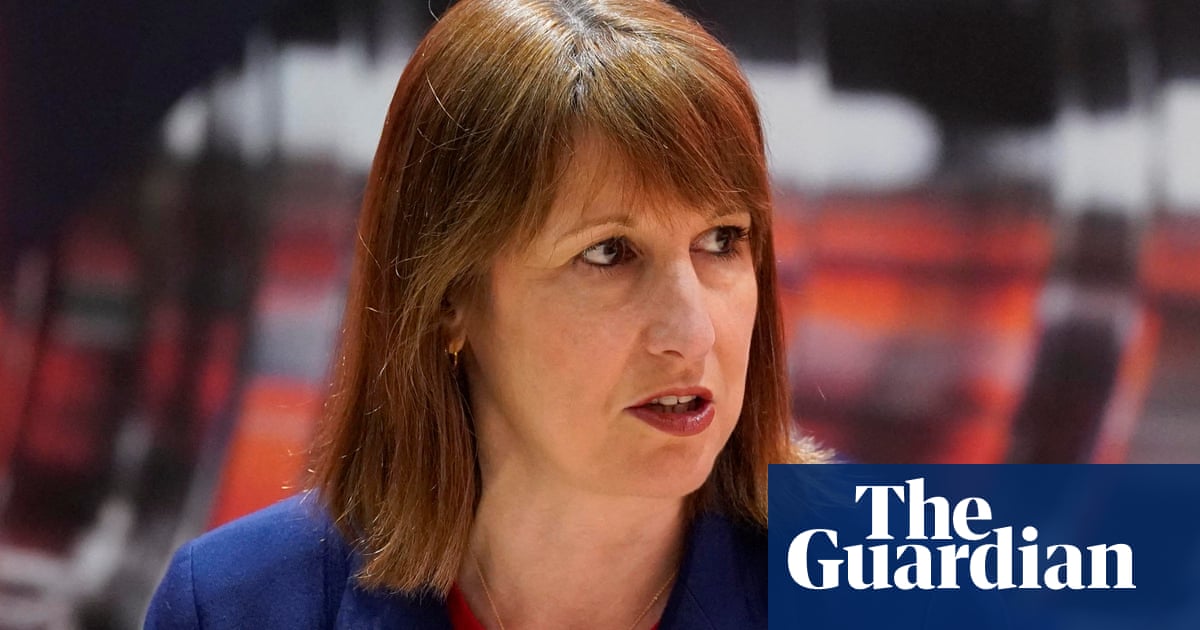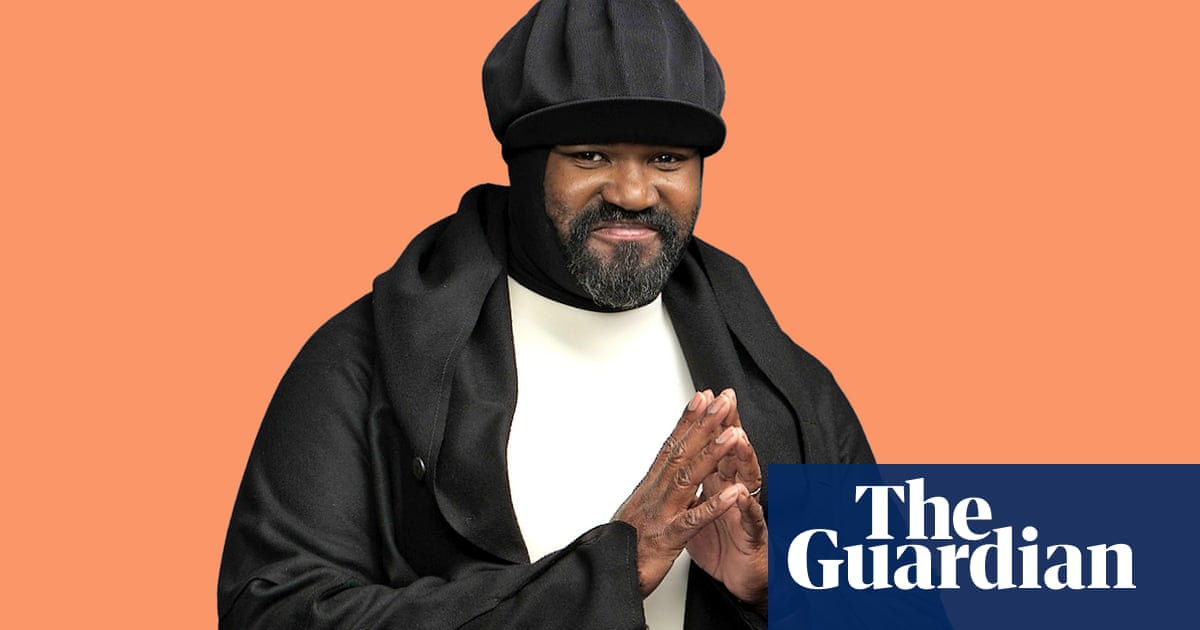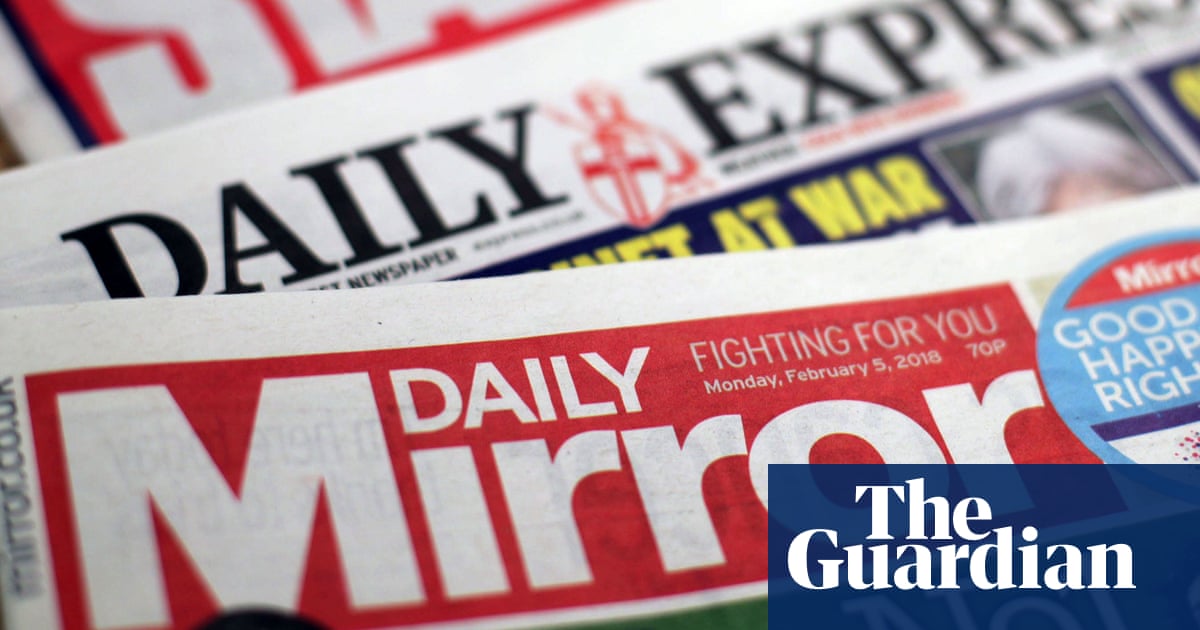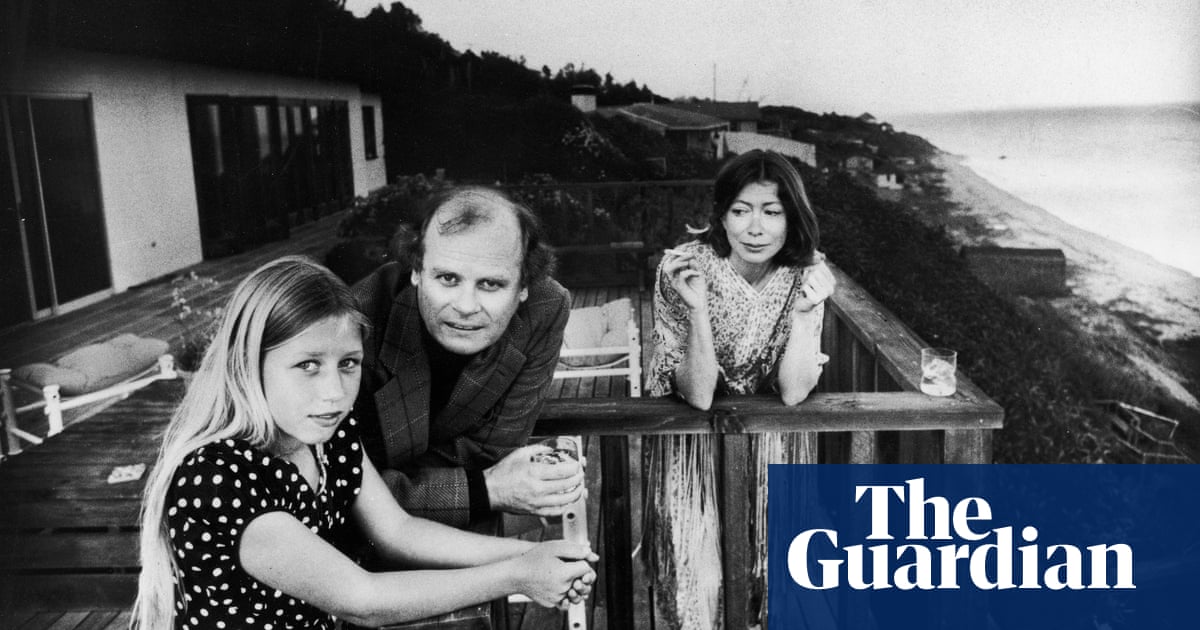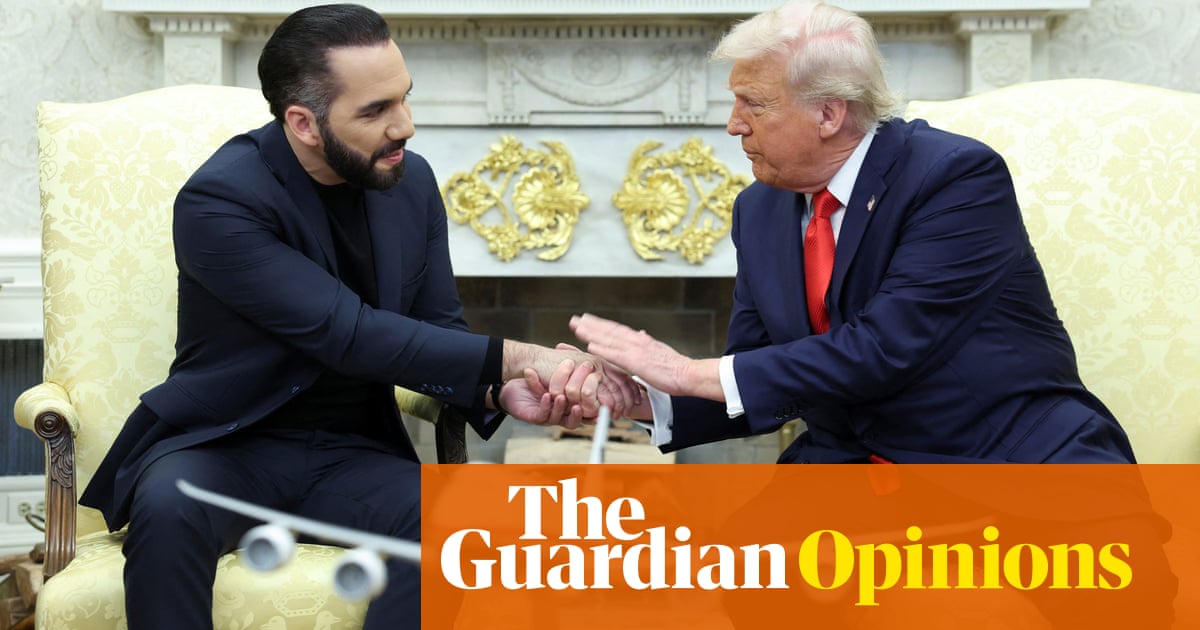Household incomes will stagnate or fall next year but the chancellor, Rachel Reeves, will be hoping people feel better off as a result of improvements to public services, a leading thinktank has said.
The Resolution Foundation calculated a new measure of “real living standards” that took into account both disposable income and the “in-kind” benefits of public services.
It found the worst-off 10% of people of working age could see a 2% decline in their disposable income, but that would be offset by improvements in public services where they would be £28 better off overall.
For the top half of earners, there was likely to be a 0.4%, or £140, fall in living standards once public service improvements were taken into account.
Mike Brewer, the interim chief executive of the Resolution Foundation, said the “budget tax-rise gamble” from the chancellor was that “while people may not be better off in purely financial terms, they will feel better off if we can have better, less dysfunctional public services”.
The poorest households are hit hard by rising housing costs and hikes in council tax, while also being affected by real-terms cuts to social security payments. The richest households do not rely on public services as much, and benefit less from rises in minimum wages.
Brewer said: “If we put a cash figure on the benefits in kind from public services, then the 0.6% real living standards fall for the richest 10th of households is equivalent to a cash hit of £356 per person next year.
“Despite the government’s new targets for rising disposable incomes in its plan for change, the living standards outlook for 2025 is hardly a cause for celebration: disposable income is likely to fall, and if households are to feel better off, then it will only be if they see the benefits from spending more on public services.”
The Institute for Fiscal Studies said there was a tough outlook for Reeves on growth, inflation and the spending review due late next spring. Carl Emmerson, a deputy director of the thinktank, said Reeves’s focus on investment was commendable and could deliver long-term benefits, but failure to deliver growth could be difficult.
The latest Office for National Statistics figures have shown the economy contracting by 0.1% in October after a similar fall in September – the first time gross domestic product has shrunk in two consecutive months since the pandemic hit in March and April 2020.
The Bank of England is also now expecting zero gross domestic product (GDP) growth between October and December, with some economists worrying about recession. The Office for Budget Responsibility’s forecast is for GDP to grow 2% in 2025, but independent forecasters have shown an average 1.3% growth in their latest estimates for 2025.

Emmerson told the PA news agency: “The outlook is uncertain. [Reeves] might get lucky. It’s possible growth will exceed the OBR’s forecast, things could go very well. But, equally, she could get unlucky. And I guess we don’t have much of a sense of what she would do.
“If she got unlucky, where would that leave [Labour’s] commitment to be delivering growth? Not very well. And what would she be doing on the public finances, given she seems to be unkeen on coming back for more taxes?
after newsletter promotion
“She’s not given herself huge wiggle room against her fiscal targets and while she topped up day-to-day spending a lot this year and next, from April 2026 onwards, the spending plans look pretty tight.”
The spending review, due in June, will also be tricky for the Treasury to navigate, with departments expected to find savings of 5% and lots of demands for extra spending to deal with pressure on public services.
Emmerson said: “The very big challenge is going to be that spending review, because [Reeves has] confirmed the allocations for the current year. She’s set the allocations for the coming year, but they’re the two years in which she topped the plans up, and things looked much more manageable.
“The period beyond that looks really quite difficult, and so the exercise of getting a spending review to stick, that the cabinet agrees to, isn’t going to be easy.
“You’ve got so many competing needs for more spending. And actually, that’s an area where the extra spending didn’t look particularly focused on growth. I’m not saying it was the wrong thing to do, but lots of money for the NHS, lots of money for climate change, lots of money for justice: you can make the case for that spending, but I don’t think it’s the most obvious areas of spending, if you’re only worrying about growth.”
Asked about the outlook for the economy, a Treasury spokesperson pointed to comments by Reeves, saying: “The challenge we face to fix our economy and properly fund our public finances after 15 years of neglect is huge. But this is only fuelling our fire to deliver for working people. The budget and our plan for change will deliver sustainable long-term growth, putting more money in people’s pockets through increased investment and relentless reform.”

.png) 3 months ago
34
3 months ago
34



